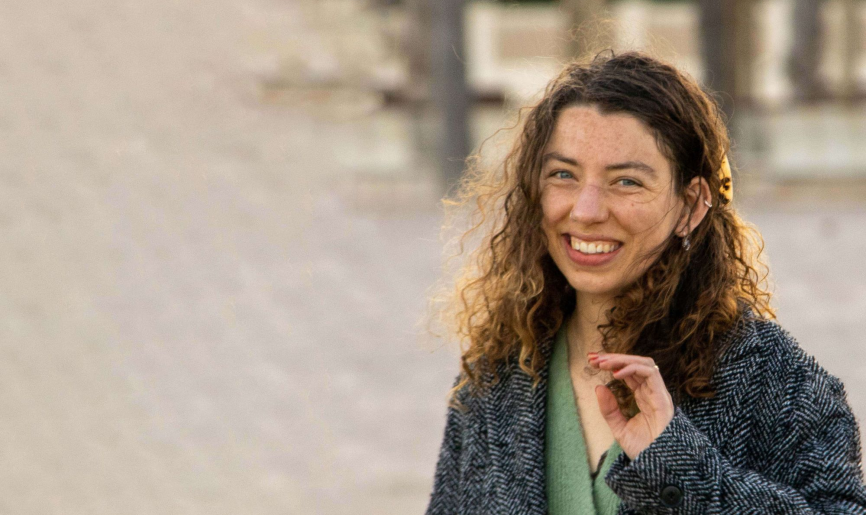Margot Ridderikhoff

Software Engineer (Planet), Master Applied Earth Sciences (Class of 2022)
Margot Ridderikhoff
My name is Margot Ridderikhoff, and I graduated in 2022 with a degree in Applied Earth Sciences. After completing my thesis at Planet, I stayed on as a software engineer.
Planet provides daily satellite data, enabling businesses, governments, researchers, and journalists to understand the physical world and take action. With over 200 satellites, they are capable of capturing visual data of the entire planet every day. By providing (sub-)daily satellite imagery, changes on Earth can be monitored closely and we can act accordingly.
What are you currently working on?
My current project involves imaging the distribution of biomass in agricultural fields. With my team, we aim to support farmers with remote sensing data, which can provide continuous and reliable crop information, enabling the farmers to optimise the available resources and implement timely interventions to maximise yields. As the stress on food supply increases due to the growing world population and climate change, crop monitoring can play a crucial role in ensuring food security.
What skill sets do you need as an applied earth scientist?
In my opinion, the most crucial skill set is the ability to comprehend the connection between technology and the physical world. This is what drew me to this field - we translate what we observe in the real world into technology to predict future events.
Why are applied earth scientists so important for the future?
Given the current climate crisis, it is critical to understand what is happening on our planet and how we can minimise further damage. To achieve this, we must understand both the physical and technological aspects of the environment and continue to innovate.
